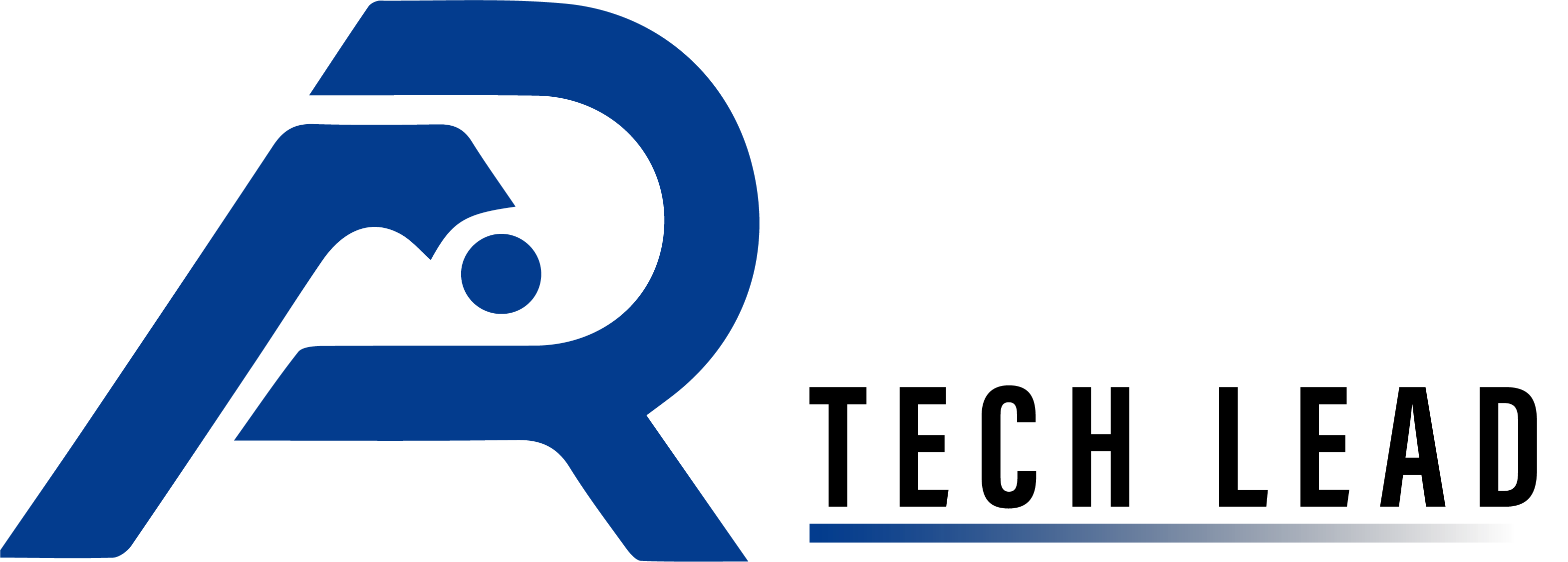What Is My SEO Score? (Plus 9 Factors That Affect It)
An SEO score is a metric used to evaluate how well a website adheres to best practices for search engine optimization. This score takes into account various factors, including technical SEO, on-page SEO, user experience, and backlinks. A high SEO score means that a website is optimized to rank well on search engine results pages (SERPs), while a low score indicates areas that need improvement.
What Is My SEO Score Comprised Of?
The SEO score is influenced by multiple factors that collectively determine a website’s visibility and ranking on search engines. Below, we explore the nine key factors that affect your SEO score.
1. Page Speed
Page speed is one of the most critical ranking factors in SEO. A slow website leads to higher bounce rates, poor user experience, and lower rankings. Google uses Core Web Vitals, which include:
- Largest Contentful Paint (LCP): Measures loading performance
- First Input Delay (FID): Measures interactivity
- Cumulative Layout Shift (CLS): Measures visual stability
To improve page speed:
- Optimize images by compressing them without losing quality
- Minimize HTTP requests
- Use a Content Delivery Network (CDN)
- Enable browser caching and Gzip compression
2. URL Optimization
A well-structured URL helps both users and search engines understand page content. Best practices for URL optimization include:
- Using short, descriptive URLs with target keywords
- Avoiding special characters and unnecessary parameters
- Implementing 301 redirects for broken links
- Using HTTPS for security
3. Title, Meta Description, and Heading Tags
Title tags, meta descriptions, and heading tags play a vital role in SEO. They provide search engines and users with information about your page content.
- Title Tag: Should be 50-60 characters and include primary keywords
- Meta Description: Should be between 150-160 characters with a compelling call to action (CTA)
- Heading Tags (H1, H2, H3, etc.): Should be well-structured and use relevant keywords naturally
4. Content Grade
High-quality content is at the core of SEO success. Search engines reward websites that offer valuable, engaging, and keyword-optimized content:
- Use long-form content (1000+ words) to cover topics in-depth
- Incorporate relevant keywords naturally without keyword stuffing
- Maintain readability with short paragraphs and simple sentences
- Include multimedia elements like images, videos, and infographics
- Ensure content freshness by updating old posts
5. Image Optimization
Images enhance user experience but can slow down page speed if not optimized. Best practices for image SEO include:
- Using compressed image formats like WebP, JPEG, and PNG
- Adding descriptive file names and alt text for accessibility
- Implementing lazy loading to improve performance
- Using structured data for images to appear in Google Image Search
6. Page Links
Internal and external links contribute to SEO authority and page discoverability:
- Internal Links: Improve site navigation and distribute page authority
- External Links: Should point to reputable sources for credibility
- Broken Link Fixing: Regularly check for and fix broken links to maintain user experience
- Anchor Text Optimization: Use descriptive and relevant anchor text to provide context
7. Site Security
Google prioritizes secure websites, and having an SSL certificate is now a ranking factor.
- Ensure your site runs on HTTPS
- Protect user data with secure login and encryption protocols
- Regularly update plugins, themes, and CMS to prevent security breaches
8. Mobile-Friendliness
With Google’s mobile-first indexing, mobile optimization is a crucial ranking factor:
- Use responsive design to ensure content adapts to different screen sizes
- Optimize mobile navigation with touch-friendly elements
- Reduce intrusive pop-ups that can disrupt the user experience
- Improve mobile loading speed using AMP (Accelerated Mobile Pages)
9. Indexing
If a page isn’t indexed, it won’t appear in search results. Ensure Google can properly index your website by:
- Submitting a sitemap to Google Search Console
- Using robots.txt to guide search engines
- Checking for crawl errors and fixing them immediately
- Avoiding duplicate content, which can lead to indexing issues






What Is My SEO Score? Find Out in Under a Minute!
If you want to check your SEO score, you can use tools such as:
- Google PageSpeed Insights (for performance insights)
- Google Search Console (for indexing and errors)
- SEMrush or Ahrefs (for keyword and backlink analysis)
- GTmetrix (for detailed page speed reports)
A higher SEO score indicates that your website is optimized for better rankings, increased traffic, and higher conversions. Regularly monitor and optimize your SEO factors to maintain a competitive edge.
Author







